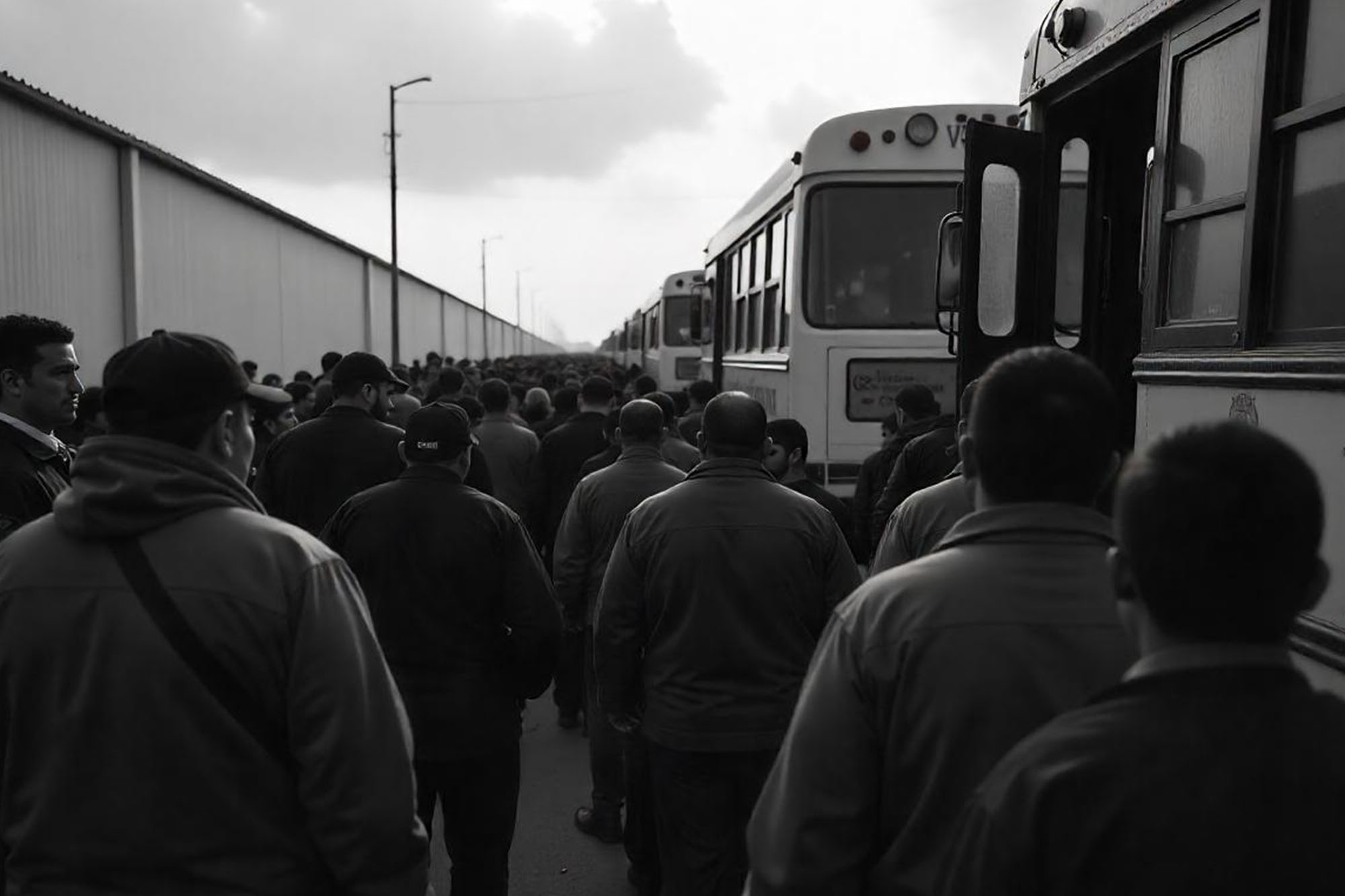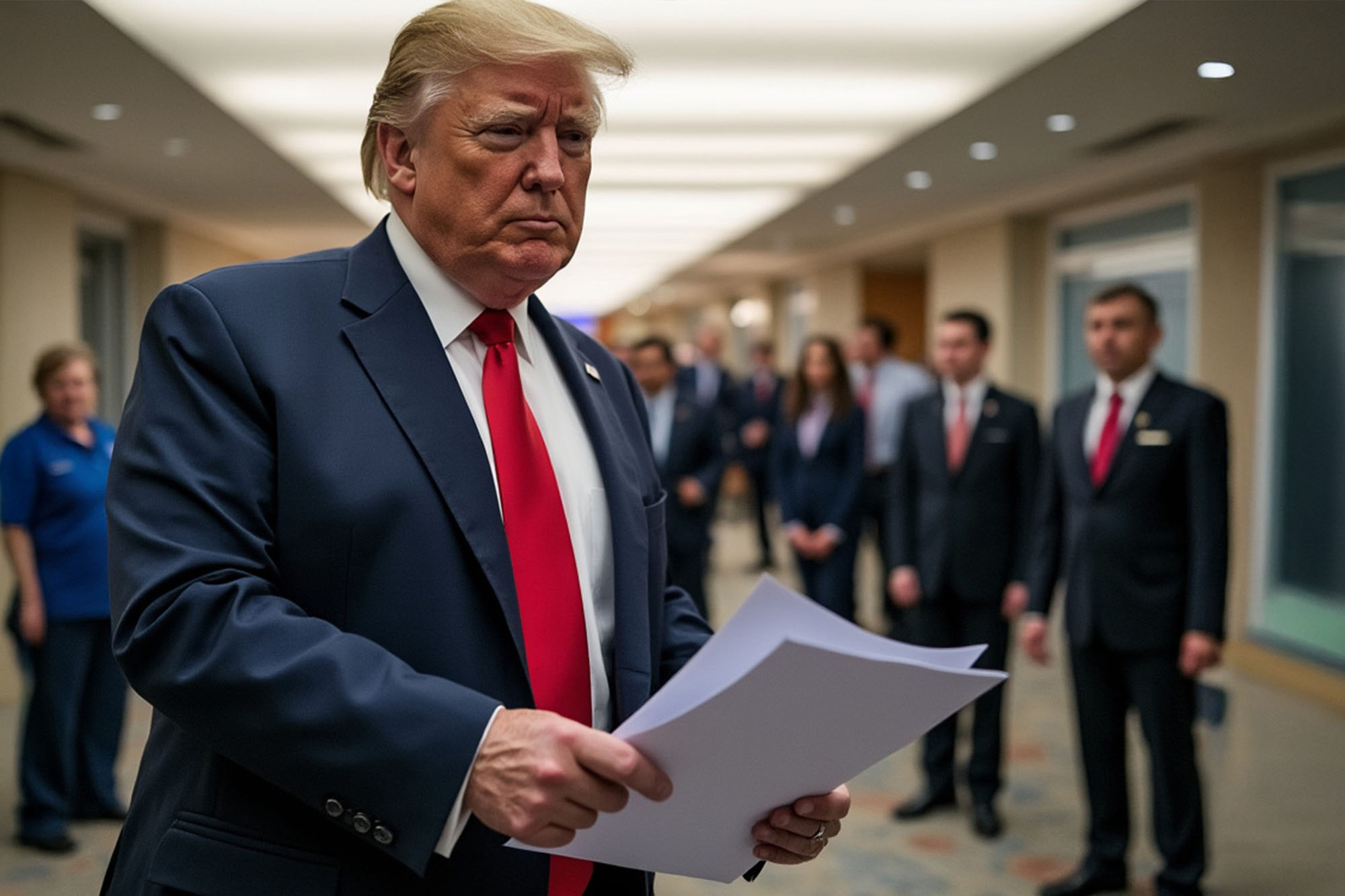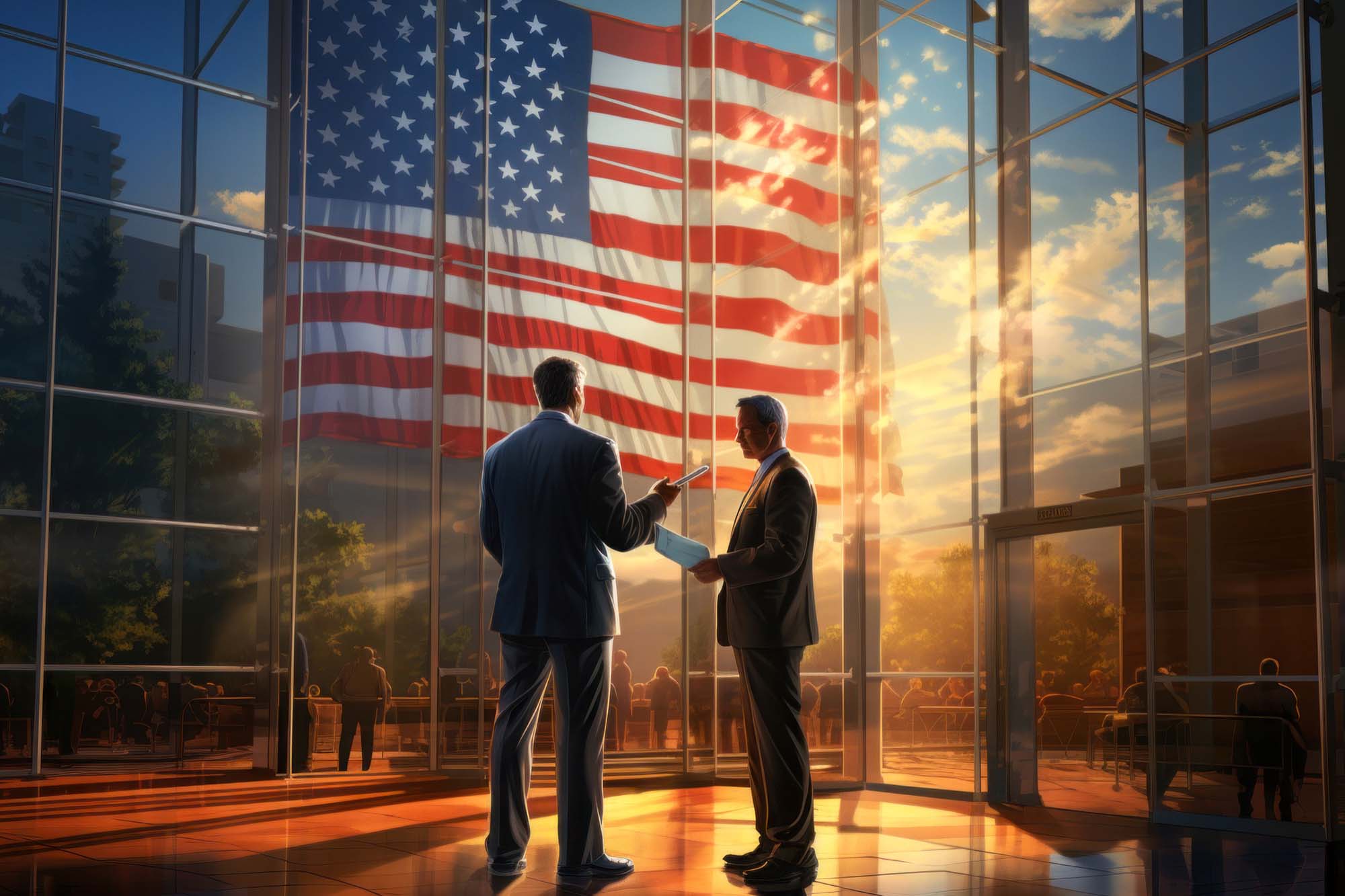H-1B visa lottery success starts with understanding the system. For NYC employers, this highly sought-after visa category offers a gateway to a global talent pool, bringing unique skills and perspectives to organizations. However, the path to securing these visas is paved with challenges, most notably the annual H-1B cap and the lottery system used to manage it.
This cap limits the number of H-1B visas issued each year, creating a competitive environment for employers and potential employees alike.
To manage this, the U.S. government uses a lottery system to select which H-1B applications will be processed. This system, known as the H-1B Visa Lottery, adds an element of chance to the already complex process.
For employers, understanding this lottery system and developing effective strategies for success is crucial.
In this comprehensive guide, we aim to demystify the H-1B Visa Lottery for NYC employers. We will provide insights into the process, offer strategies for success, and highlight common mistakes to avoid.
Whether you are a human resource professional, a business owner, or a legal representative, this guide will equip you with the knowledge you need to navigate the H-1B visa process.
Our goal is to help you understand the intricacies of the H-1B Visa Lottery and increase your chances of success in securing visas for your prospective employees.
Let’s dive in and explore the world of H-1B visas.
Understanding the H-1B Visa and Its Importance to NYC Employers
The H-1B visa is a nonimmigrant visa category in the United States.
It allows U.S. employers to temporarily employ foreign workers in specialty occupations.
These are occupations that require theoretical and practical application of a body of highly specialized knowledge. They also require a bachelor’s degree or higher in the specific specialty, or its equivalent, as a minimum for entry into the occupation in the U.S.
What is the H-1B Visa?
The H-1B visa is a tool that enables U.S. employers to hire international talent.
It is particularly useful for industries that require specialized skills, such as technology, engineering, and medicine.
The visa allows foreign workers to live and work in the U.S. for a specified period, typically six years. There are certain circumstances that would afford an H-1B holder to extend the visa for a period beyond these six years.
The Role of H-1B Visas in NYC’s Economy
New York City, as a global hub of business and innovation, relies heavily on the H-1B visa program. The city’s diverse industries, from finance to tech to healthcare, benefit from the unique skills and perspectives that foreign workers bring.
By filling gaps in the domestic labor market, H-1B visa holders contribute significantly to NYC’s economic growth and competitiveness.
Specialty Occupations and the H-1B Visa
The H-1B visa is designed for specialty occupations.
These are roles that require a high level of expertise in a specific field.
Examples include software developers, engineers, doctors, professors, and more. For NYC employers, the ability to fill these roles with international talent is a key advantage of the H-1B visa program.
The H-1B Visa Lottery: An Overview
The H-1B Visa Lottery is a system used to select eligible applicants for the H-1B visa.
It is implemented due to the high demand for H-1B visas and the limited number available each year.
The Annual H-1B Cap and Its Implications
The U.S. government sets an annual cap on the number of H-1B visas issued.
Currently, the cap is set at 65,000 visas for the regular pool, with an additional 20,000 visas available for individuals with a master’s degree or higher from a U.S. institution.
This cap creates a competitive environment for the H-1B visa, which results in the lottery system.
The Lottery Selection Process
The H-1B Visa Lottery is a random selection process. Once the registration period closes, U.S. Citizenship and Immigration Services (USCIS) conducts the lottery.
First, they select from the master’s cap pool until it’s exhausted. Then, they select from the remaining applicants in the regular pool. This process ensures a fair chance for all applicants, regardless of their educational background.
Preparing for the H-1B Registration Process
The H-1B registration process requires careful planning and preparation.
Employers must be ready to submit their petitions during the designated filing period.
Key Dates and Timelines for Employers
The H-1B registration period typically begins on March 1 and ends on March 20. This timing arises because H-1Bs start in the new fiscal year on October 1. Registration begins six months prior.
However, these dates can vary each year, so it’s crucial to stay updated.
Here are some key dates to remember:
- March 1: H-1B registration period begins
- March 20: H-1B registration period ends
- April 1: USCIS begins accepting H-1B petitions
Required Documentation for H-1B Petitions
If you are fortunate enough to be chosen for the H-1B lottery, you must have documents to demonstrate eligibility.
When preparing an H-1B petition, employers must gather several important documents.
These include the Labor Condition Application (LCA), evidence of the beneficiary’s educational qualifications, and proof of the employer-employee relationship.
The LCA, certified by the Department of Labor, confirms that hiring a foreign worker will not adversely affect U.S. workers.
Evidence of the beneficiary’s qualifications can include diplomas, transcripts, and evaluation reports.
Proof of the employer-employee relationship can include job offers, contracts, and detailed job descriptions. It’s crucial to ensure all documentation is accurate and complete to avoid delays or denials.
Strategies for H-1B Visa Lottery Success
Success in the H-1B visa lottery often comes down to strategic planning and meticulous preparation. Employers must understand the process, meet all requirements, and avoid common pitfalls.
Early Preparation and Accurate Applications
One of the most effective strategies for success is early preparation. Starting the process well before the registration period allows ample time to gather necessary documentation.
It also provides time to address any potential issues that may arise. An accurate and complete application is another critical factor for success.
USCIS scrutinizes each petition closely, and any inaccuracies or missing information can lead to delays or denials.
Therefore, it’s crucial to double-check all information and ensure all required documents are included.
Increasing Chances of Selection
While the H-1B visa lottery is random, there are ways to potentially increase the chances of selection and H-1B visa lottery success.
One strategy is to take advantage of the master’s cap.
This separate lottery is for applicants with a master’s degree or higher from a U.S. institution.
Applicants who are not selected in the master’s cap lottery are then included in the regular cap lottery, effectively giving them two chances at selection.
Another strategy is to ensure the job offer qualifies as a specialty occupation.
Jobs that require a high level of specialized knowledge or a specific degree field are more likely to qualify.
Finally, employers can increase their chances by submitting multiple petitions for different positions, provided each position is legitimate and distinct.
However, employers cannot submit multiple petitions for the same position for the same employee.
Understanding these strategies can help employers navigate the H-1B visa lottery with greater confidence and success.
Common Mistakes and How to Avoid Them
Despite best efforts, mistakes can happen during the H-1B visa application process.
Understanding common errors can help employers avoid them and increase their chances of success.
Incomplete or Inaccurate Filings
One common mistake is submitting incomplete or inaccurate filings.
This can lead to delays, requests for additional evidence, or even outright denials.
To avoid this, double-check all information before submission.
Ensure all required documents are included and correctly filled out.
Consider seeking legal advice to ensure all aspects of the application are correct and complete.
Misunderstanding the Specialty Occupation Criteria
Another common mistake is misunderstanding the specialty occupation criteria.
Not all positions qualify as a specialty occupation under H-1B visa regulations.
To qualify, the job must require a bachelor’s degree or higher in a specific field of study.
The job duties must also involve a high level of specialized knowledge.
Employers should carefully review the job requirements and duties to ensure they meet the criteria.
If in doubt, consult with an immigration attorney or expert.
The Role of Immigration Attorneys in H-1B Petitions
Navigating the H-1B visa process can be complex.
This is where immigration attorneys come in.
They can provide valuable guidance and support throughout the process.
Why Legal Expertise Matters
Legal expertise is crucial in the H-1B visa process.
Immigration attorneys understand the intricacies of immigration law.
They can help employers avoid common pitfalls and increase their chances of success.
An experienced attorney can guide employers through the process.
They can help with everything from preparing the petition to responding to requests for evidence.
Their expertise can be invaluable in navigating the complexities of the H-1B visa process.
Navigating Changes and Policy Updates
The H-1B visa process is subject to changes and policy updates.
These changes can have significant implications for employers.
Staying informed and adapting to these changes is crucial.
It can make the difference between success and failure in the H-1B visa lottery.
Employers must be proactive in keeping up with these changes.
Staying Informed on H-1B Visa Policy
Staying informed on H-1B visa policy is crucial.
Changes can occur at any time and can significantly impact the H-1B visa process.
Employers should regularly check for updates and consult with their immigration attorney.
Impact of Immigration Policy Changes on Employers
Immigration policy changes can have a significant impact on employers.
They can affect everything from the number of visas available to the eligibility criteria for the H-1B visa. Understanding these changes and adapting to them is crucial for success in the H-1B visa lottery.
Conclusion and Next Steps for Employers
The H-1B visa lottery can be a complex process for NYC employers.
However, with the right strategies and preparation, success is achievable.
Understanding the H-1B visa process, staying informed about policy changes, and avoiding common mistakes are key.
Employers should also consider seeking legal expertise to navigate this process effectively.
Recap of Key Strategies for H-1B Lottery Success
Early preparation and accurate applications are crucial for success in the H-1B visa lottery.
Employers should also understand the specialty occupation criteria and stay informed about policy changes.
How Oltarsh & Associates, P.C. Can Help
At Oltarsh & Associates, P.C., we have extensive experience in helping NYC employers navigate the H-1B visa lottery. Our team of immigration attorneys can provide the guidance and expertise needed to increase your chances of success in the H-1B visa lottery.









